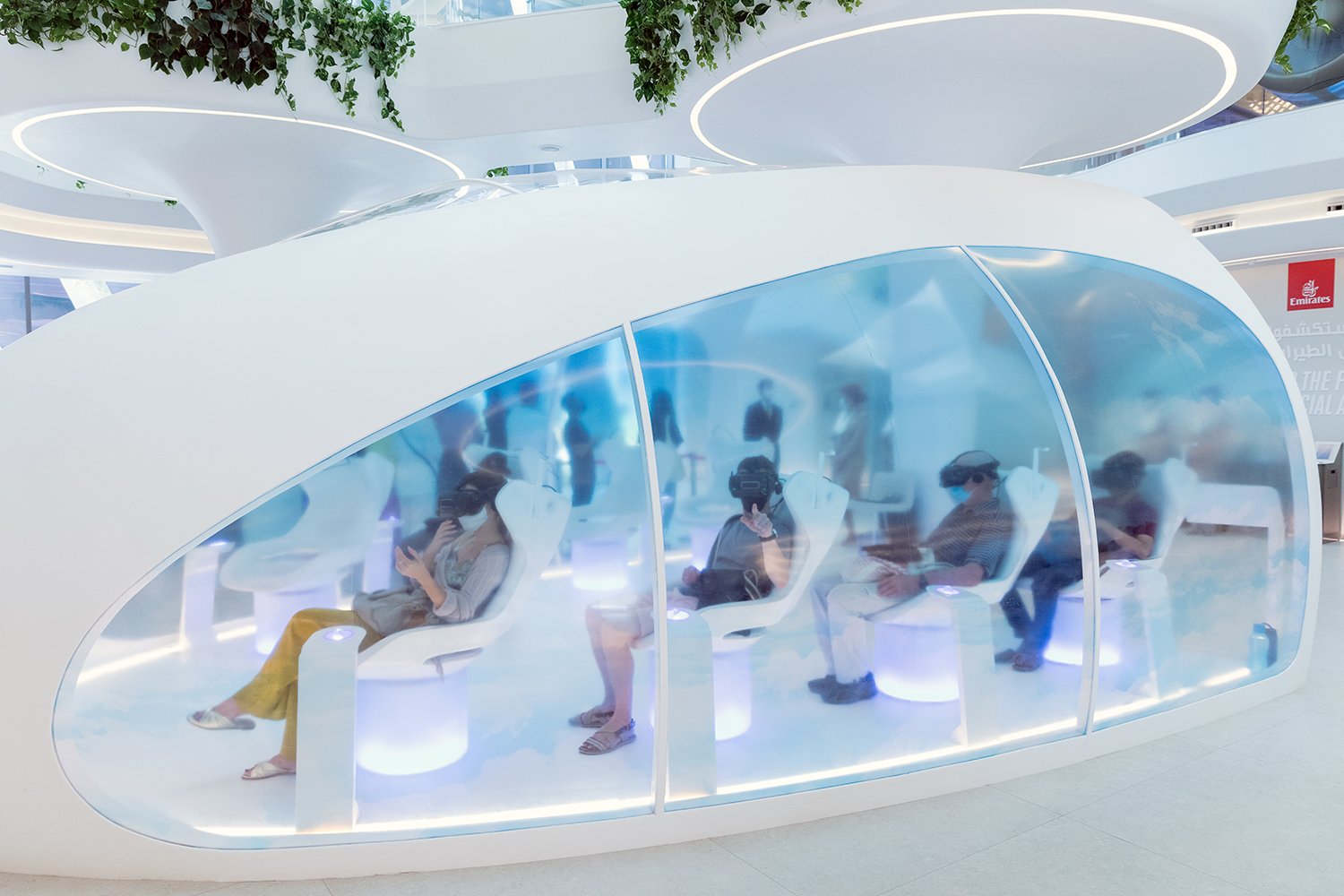Nella mostra collettiva dei 22 fotografi selezionati dall’Open Call di PhMuseum Days, troverà posto anche il mio lavoro Foundations of a Mirage! Di seguito tutte le informazioni.
Si apre a Bologna, il 23 settembre2022 la seconda edizione di PhMuseum Days Festival internazionale di fotografia che ha per tema Today Is Yesterday’s Tomorrow, un’occasione per riflettere sul potere delle azioni e sul rapporto tra passato, presente e futuro e sul forte momento di cambiamento che l’umanità sta vivendo. Promosso da Il festival è promosso da PhMuseum, una piattaforma che promuove gli autori e la fotografia contemporanea dal 2012. L’evento si terrà presso lo Spazio Bianco di DumBO a Bologna, un padiglione post-industriale di 1600 metri quadrati che ospiterà mostre, presentazioni, uno spazio dedicato all’editoria fotografica e un’area relax all’aperto. L’evento sarà un terreno di gioco per i professionisti e un momento di scoperta per chi vuole avvicinarsi alla fotografia e alle arti visive. Il programma prevede 13 mostre individuali, un’installazione collettiva, letture di portfolio, proiezioni, performance e uno spazio dedicato all’editoria indipendente.
Le mostre sono:
Asphodel Songs di Agathe Kalfas & Mathias Benguigui che propone una nuova lettura delle questioni contemporanee dell’isola di Lesbo, mettendo insieme tracce del passato, mitologia e memoria collettiva della migrazione.
Good Hope di Carla Liesching, che guarda ai giardini di Capo di Buona Speranza in Sudafrica – un luogo storico all’apice dell’Impero, oggi epicentro dei movimenti di resistenza anticoloniale.
How To Raise A Hand di Angelo Vignali, 313 stampe in bianco e nero delle dita del padre dell’artista.
La Linea D’Acqua di Sara Palmieri che affronta il tema della memoria attraverso una ricerca intima e metafisica sulla caducità delle cose.
Mythic Humanoids di Arvida Bystrom che si concentra su concetti quali corpo, identità e auto-rappresentazione.
Neuromantic di Ana Vallejo che rappresenta la ricerca interiore innestata dall’isolamento del Covid19.
Nothing Personal di Nikita Teryoshin che presenta l’opposto di un campo di battaglia, un enorme parco giochi.
Nuke di Marcelo Brodsky, artista argentino che si concentra sull’immagine di un’esplosione nucleare.
The Merge di Sara, Peter & Tobias, che riflette sul dubbio se il mondo sia reale o un’illusione costruita.
The Weight Of The Word di Piero Martinello & Piero Casentini, lavoro di documentazione sui casi di eponimia (uso di indicare con il nome di un personaggio illustre o comunque notevole, un periodo storico, un movimento politico, artistico, letterario) di nove medici e ricercatori nazisti.
Ukrzaliznytsia di Julie Poly cattura l’essenza stessa del viaggio sui treni ucraini.
Umbai di Munirah Almehri che immagina il futurismo queer nel contesto kuwaitiano.
C’è poi la mostra collettiva di 22 fotografi selezionati dall’Open Call di PhMuseum Days.
Fotografi selezionati: Allan Salas, Andrés Mario de Varona, Anton Kuehnhackl, Antone Dolezal, Arne Piepke, Austin Cullen, Christopher Valentine, Claudia Fuggetti, Disha Patil, Eleana Konstantellos André, Emilia Martin, Filippo Venturi, Gabriele Cecconi, Henri Kisielewski, Hiro Tanaka, Hyunmin Ryu, Jaclyn Wright, Jake Mein, Jan Richard Heinicke, Kendra Ward, Laura Sisterò, Lina van Hulle, Lorenzo Maccotta, Luciana Demichelis, Lukasz Kubicki, Margarita Valdivieso Beltran, Margaux Corda, Melissa Catanese, Mirko Viglino, Ngadi Smart, Niall O'Brien, Pang Hai, Parker Bryant-Carty, Paulo Simão, Ryan Pfluger, Selina Disera, Tatiana Grigorenko, Vincent Forstenlechner, Vivian Keulards, Jimmi Wing Ka Ho, Yi Hsuan Lai.
Info
Now at its second edition, this year’s theme of the festival is Today is Yesterday's Tomorrow, meant as an occasion to reflect on the strong moment of change we are living.
When
Friday 23.09 to Sunday 25.09 from 10am to 10pm
Thursday 29.09 to Sunday 02.10 from 10am to 10pm
Where
Spazio Bianco, DumBO
Via Camillo Casarini 19
40131 Bologna
Google Map
How to get here
By planes
Bologna has an international airport 20-minutes from Dumbo.
By trains
The station is 5-minutes from the venue with high-speed trains serving Rome, Milan and Florence.
By car
The motorway is 10-minutes from the venue with local parking available.
Contacts
Support
Have questions? our support team would be happy to help. support@phmuseum.com
Press
Contact our dedicated press channel.
Press contacts






































